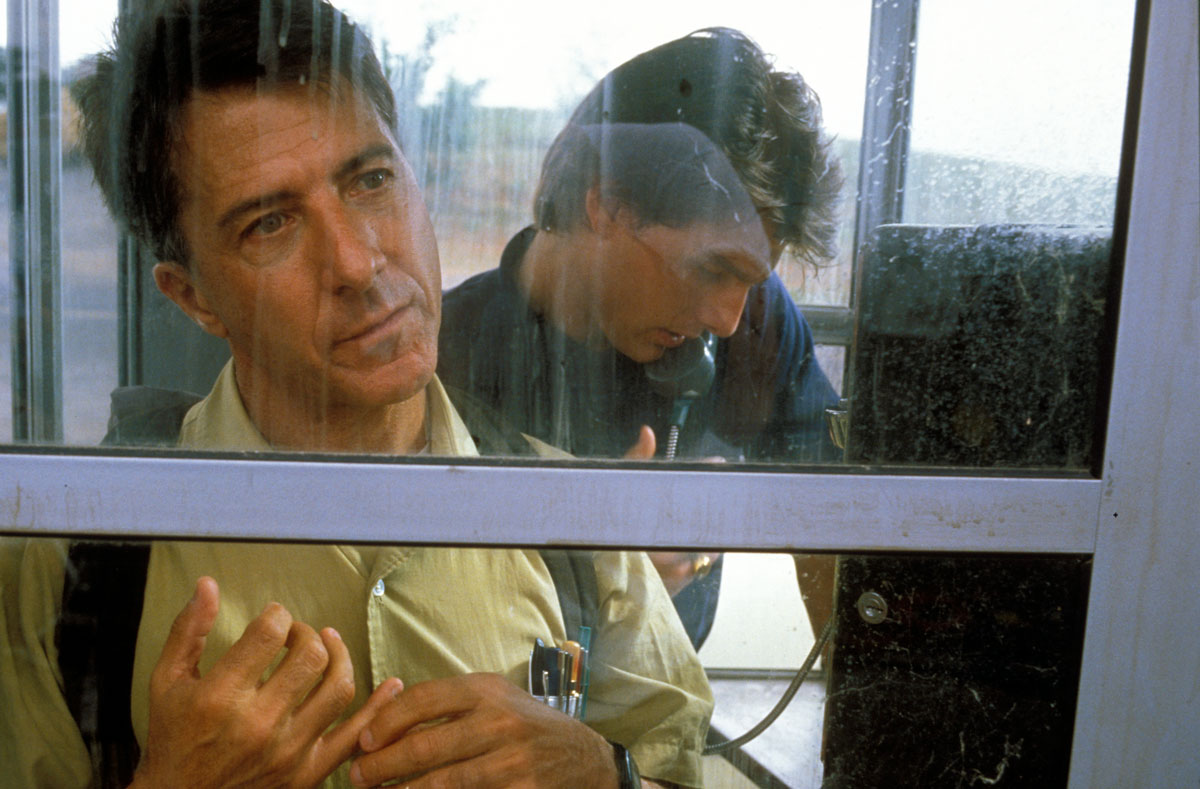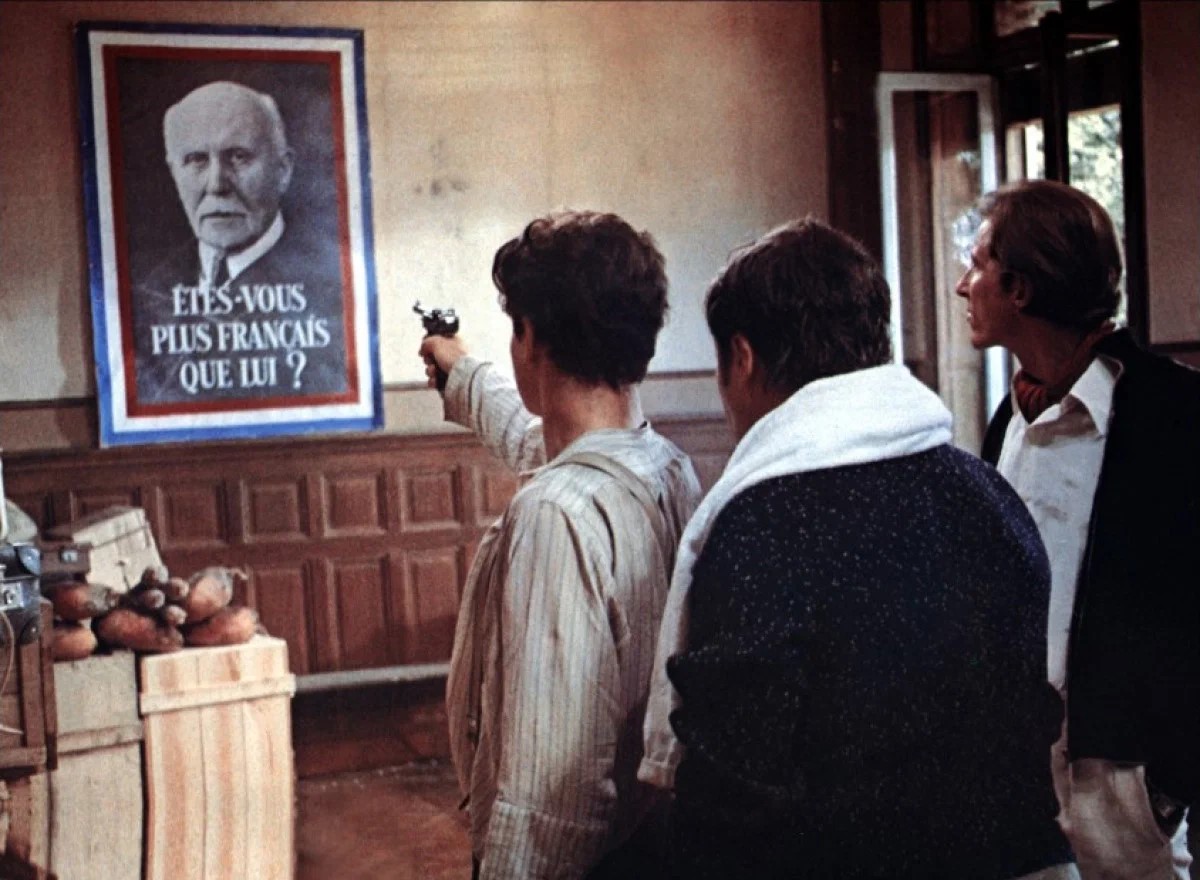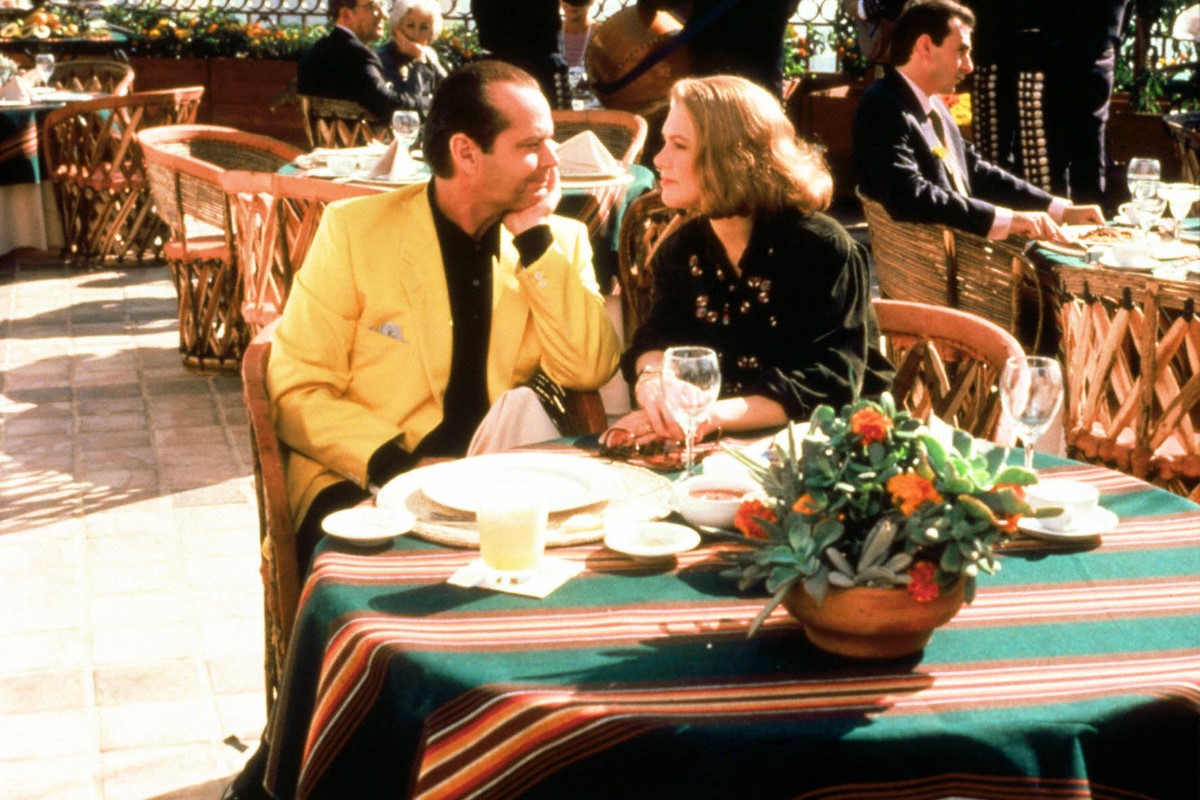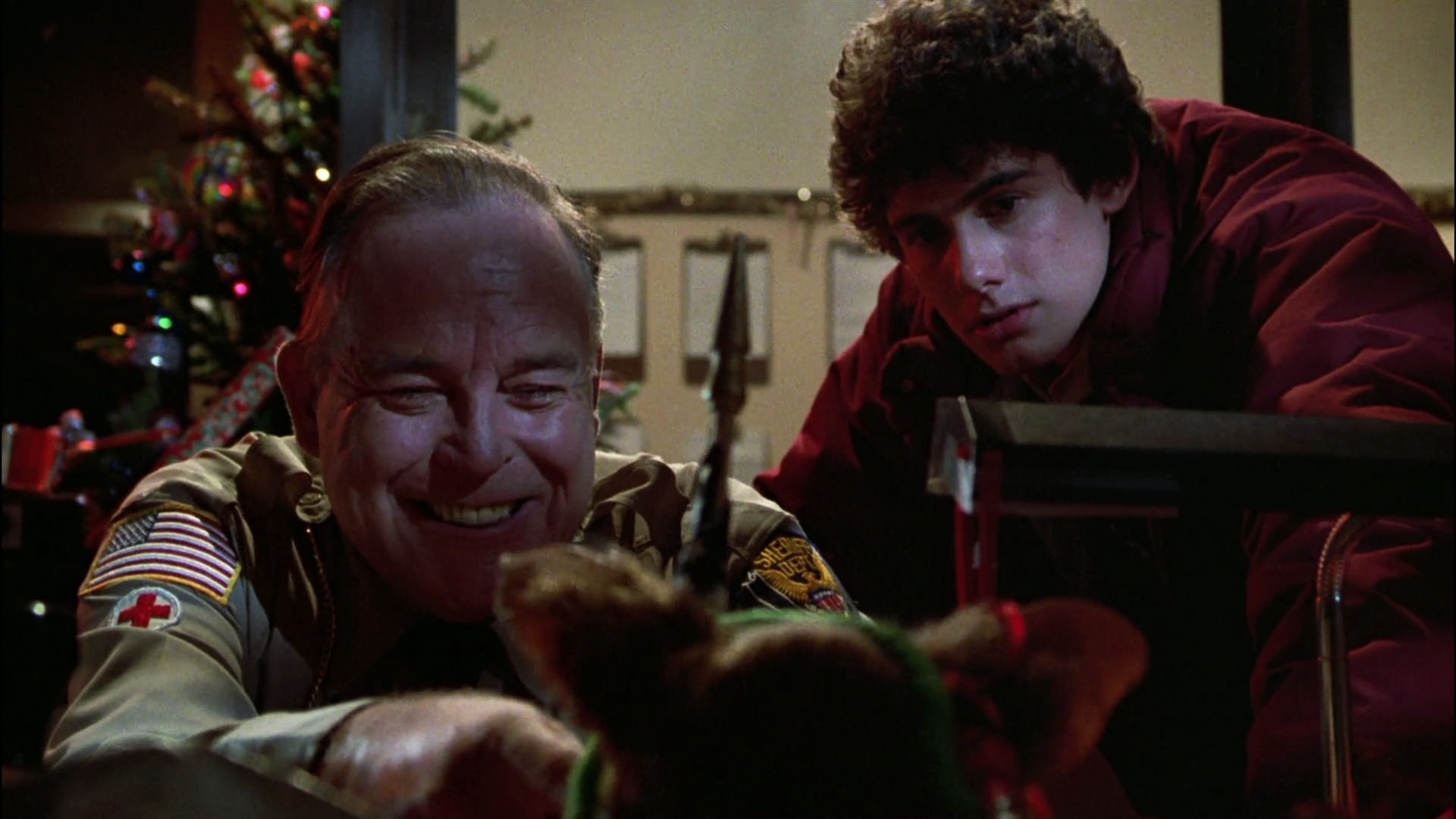About Robert De Niro in The King of Comedy – by Pauline Kael
Robert De Niro’s Rupert Pupkin is Jake La Motta without his fists. In Raging Bull, De Niro and Scorsese had things boiled down, so that Jake’s entire character was the chip on his shoulder. This time there’s no chip.






